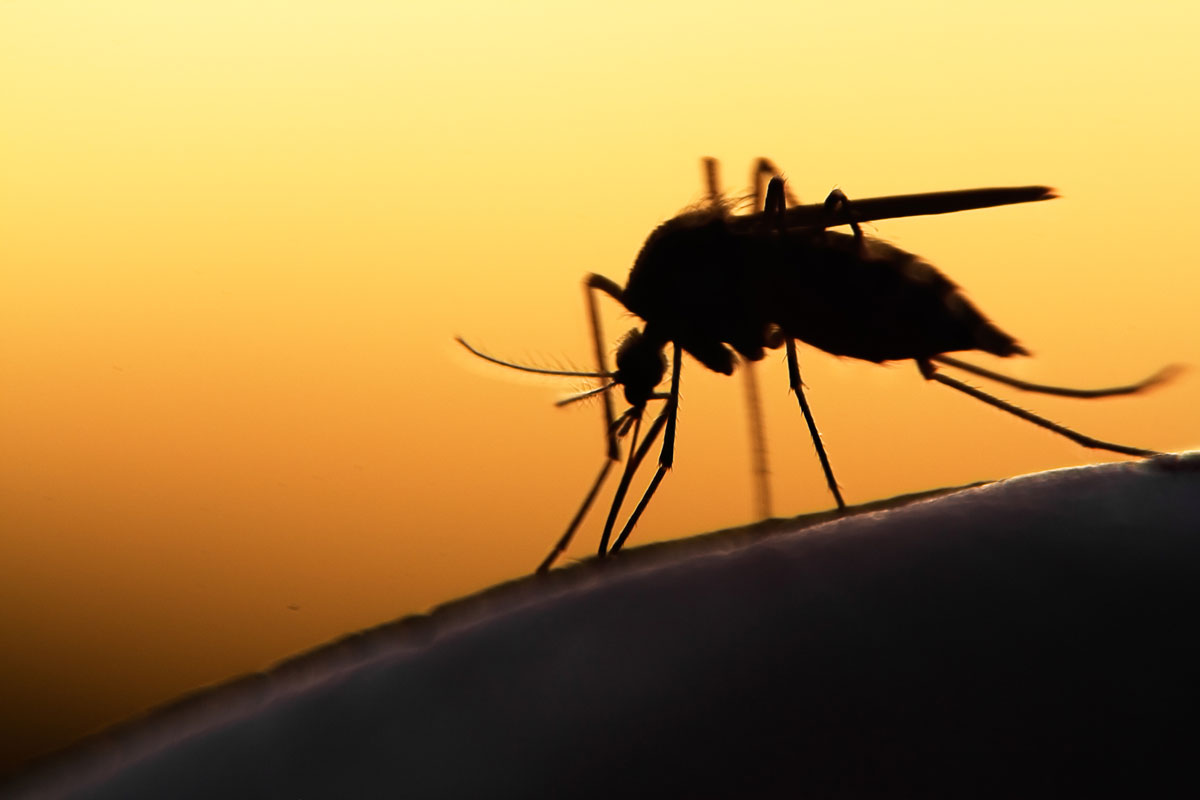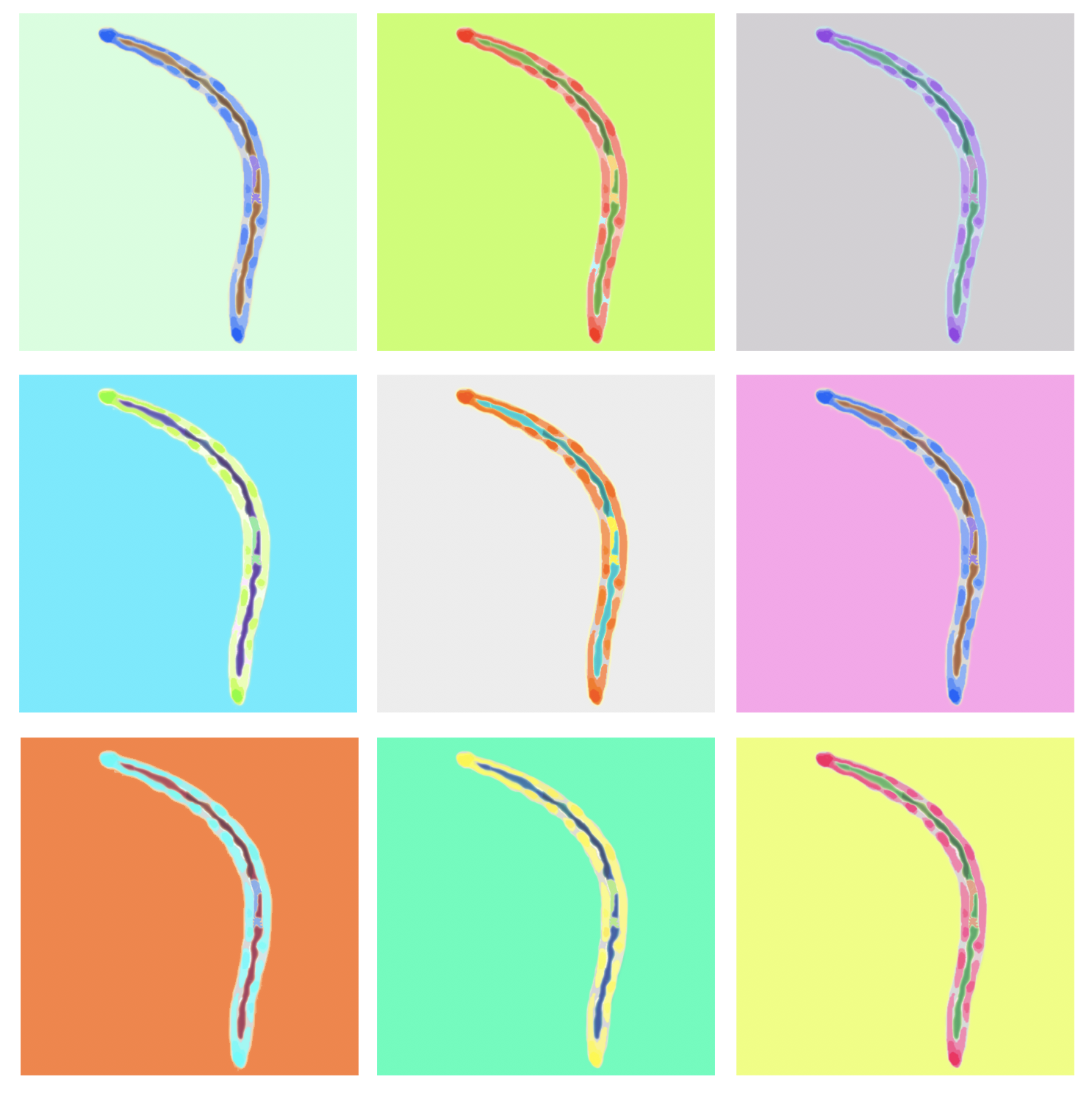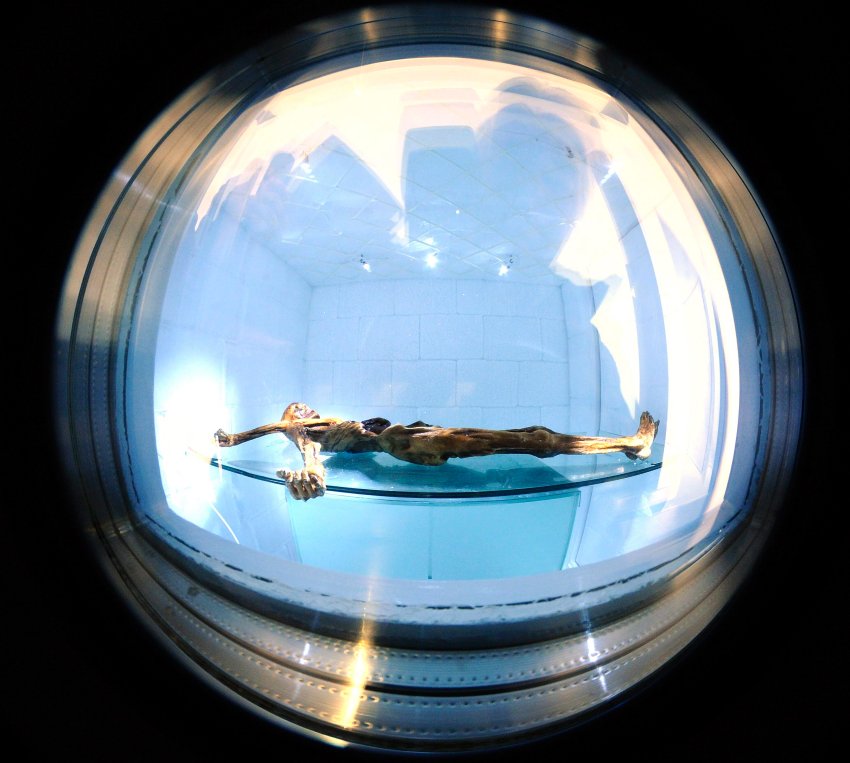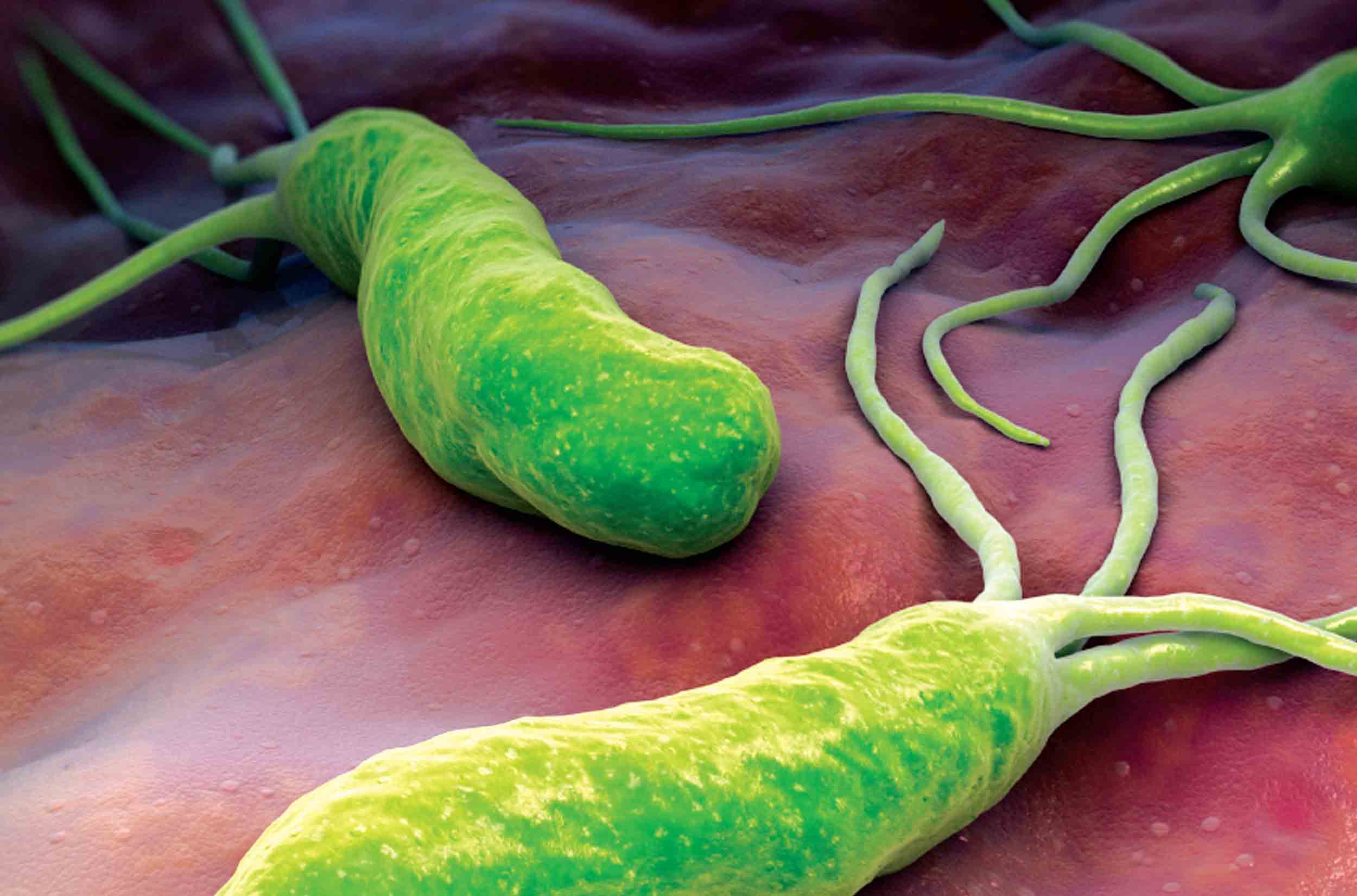This website uses cookies so that we can provide you with the best user experience possible. Cookie information is stored in your browser and performs functions such as recognising you when you return to our website and helping our team to understand which sections of the website you find most interesting and useful.
Mysteries of Cell Fate Unlocked with New Measurement and Modeling Techniques
at the Institute for Systems Biology

Mysteries of Cell Fate Unlocked with New Measurement and Modeling Techniques
In the cellular process of differentiation, information about the concentrations of an important class of proteins residing in a cell’s nucleus has been lacking, a missing link needed for scientists to fully understand how the process works. ISB researchers have quantified this important class of proteins that play a key role in the formation of red blood cells.

Malaria Researchers’ Findings May Have Implications for Preventing Spread of Deadly Disease
ISB researchers and their collaborators are using systems biology approaches to learn how the malaria parasite is able to transfer to humans via the bite of an infected mosquito. The information they have uncovered may help identify new ways to prevent people from contracting the deadly disease.

The Other Malaria: Finding New Targets for a Vaccine Against Plasmodium vivax
A new report in PLOS Neglected Tropical Diseases describes the results of an international collaboration led by researchers at ISB and Seattle’s Center for Infectious Disease Research (CIDResearch). We used mass spectrometry-based proteomics to identify nearly 2,000 proteins present in Plasmodium vivax parasites, one of the Plasmodium species that cause the disease malaria in humans. The work was done on parasites dissected from mosquito salivary glands, parasites that were in…

Dissecting Mosquitoes is Hard!
Photo by Hsiao-Ching Chou Dr. Kristian Swearingen is a research scientist in the Moritz Lab at ISB. He and his collaborators just published a paper in PLOS Pathogens that describes potential new targets for malaria vaccines. Read his article about the research. Asked about the challenge of having to dissect thousands of mosquitoes, he commented: When we started this project, my collaborators collected all the parasites and I focused on…

ISB Q&A: Dr. Robert Moritz on Ötzi the Iceman
Ötzi the Iceman: In a study published in the Jan. 8, 2016, issue of the journal Science, researchers from the Moritz group at ISB collaborated with a worldwide consortia headed by Prof. Albert Zink and Dr. Frank Maixner, of the Institute for Mummies and the Iceman at the European Academy of Bozen/Bolzano (EURAC) in Italy; Prof. Thomas Rattei, of the University of Vienna; and Dr. Rudi Grimm, of University of…

The 5300-year-old Helicobacter pylori genome of the Iceman
ISB’s Moritz Group, which specializes in proteomics, collaborated on research related to study pathogens from the stomach content and microbiome of Ötzi, a glacier mummy from the European Copper Age. The results were published in Science. Read the article here. Institute for Systems Biology collaborates with researchers worldwide to study pathogens in the stomach content and microbiome of the 5300 year old European Copper Age glacier mummy “Ötzi” and discovers…



